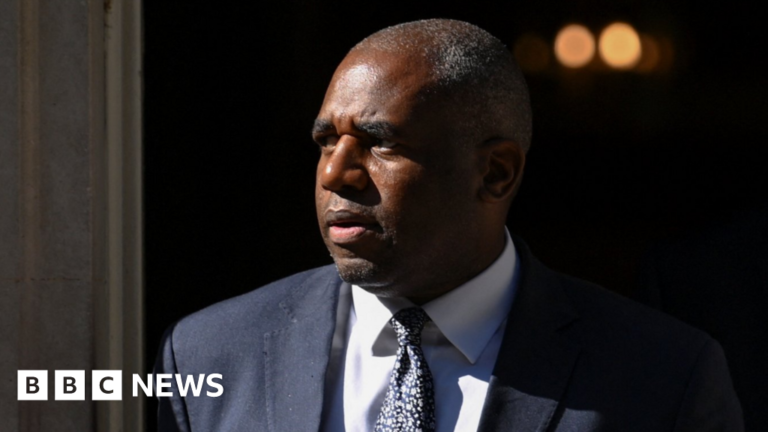Here is the result in plain text:
Conservative leader Kemi Badenoch has proposed making it more difficult for new immigrants to be able to permanently settle in the UK. She says her party wants to double the time it takes for new migrants to qualify for indefinite leave to remain (ILR) status from five years to 10 years. In addition, the Tories say they would tighten the conditions on people applying for ILR.
Applicants would have to show they have not claimed benefits or used social housing and that their household has been a net contributor to the UK economy, meaning they pay more in tax than they take out in services. Additionally, those with a criminal record would be disqualified.
The Conservatives say these measures are part of their proposals for “urgent action to control our border”.
BBC Verify has examined how many immigrants these proposals, if enacted, would likely affect. We’ve also looked at whether the plans would be likely to reduce immigration to the UK.
Most new immigrants come to the UK on visas, such as work visas, family reunification visas, or student visas, which come with restrictions on what they can do.
When an individual attains ILR, they can access state benefits and use the NHS without extra charges. They can also sponsor immigration applications in order to enable an overseas relative, such as a spouse, to come to the UK.
Most people have to have lived at least five years in the UK to apply for the status. Official data from the Home Office shows there were around 120,000 grants of settled status in 2023. That’s roughly double the numbers awarded the status in 2016, and the data for the first three quarters of 2024 points to a further increase last year.
The total numbers, however, are still below 2011, when there were 167,000 ILR grants.
There are no official crime figures that are broken down by the immigration status of the perpetrators or alleged perpetrators. But we do know about the number of foreign nationals held in prison.
There were 10,355 foreign offenders held in custody at the end of last year, making up 12% of the total prison population in England and Wales. However, there are already criminal background checks on people applying for ILR, so the Conservative proposals to disqualify those immigrants who have committed crimes should not, in practice, make a difference.
Net migration into the UK – immigration minus emigration – hit a record 906,000 in the year to June 2023 and was an estimated 728,000 the following year, according to the ONS. It’s possible that some people might be deterred, in future, from coming to the UK in the first place if it were harder for them to get ILR, but many migration experts are sceptical that making it harder to claim settled status would have a major impact on these flows.
They point out that a majority of people coming into the UK on visas in recent decades did not ultimately claim ILR in any case. Between 2004 and 2012, less than a third had applied for and received ILR.
“I wouldn’t anticipate a large impact on net migration, though there could be some effect at the margins,” says Madeleine Sumption of the Migration Observatory. However, the Conservatives have also, separately, planned to impose a “strict numerical cap” on immigration if they returned to power.
Source link




